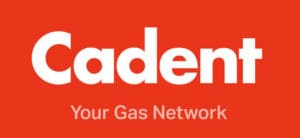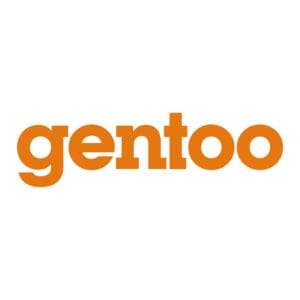What is a procurement framework?
A framework, or framework agreement, is a group of selected suppliers who comply with a pre-agreed set of terms and prices in compliance with the Public Contracts Regulations 2015.
Procurement frameworks allow public and third sector buyers to select a supplier without having to go through the full procurement process. Buyers can ‘call off’ from a framework, awarding new contracts exclusively from a selected pool of pre-approved suppliers. These pre-approved suppliers will have been evaluated to meet strict criteria relating to industry standards and best practices, as well as adhering to pre-established terms and conditions.
Many frameworks are divided into ‘lots’, often categorising suppliers by service type, product offering, or region. This means that suppliers can bid to join a lot that best matches their business offering, often alongside other specialists.
If a supplier is awarded a framework, they will be part of the framework for a selected timeframe (commonly between 1 and 4 years), until the framework re-tenders. The supplier will then have to bid again to re-join the framework, alongside potential new suppliers.
What is a call-off contract?
Frameworks allow buyers to have a call-off contract, which is a template contract with pre-established factors in which all suppliers will agree to as part of their bid to join the framework. This can be a simpler method of procurement, as the framework can do all of the relevant checks for the buyer, presenting only a pool of suppliers who meet the pre-established criteria.
While the frameworks will do the heavy lifting to narrow down the pool, it is still the responsibility of the buyer to agree the details of the contract to suit their circumstances. The buyer should also conduct their own risk assessments to avoid risk of a supplier failing to deliver, though utilising a framework should minimise this risk.
What is supplied through a procurement framework?
An extensive range of goods can be bought via frameworks, from workwear to construction materials. Services are also available through frameworks, including legal expertise and project management.
For simple, everyday purchases such as office stationery, some frameworks may include catalogues that can be bought from online. The pricing will match what is displayed in the published catalogue.
For more complex goods and services, the below methods of purchase may be used:
- Further competitions. This is when a buyer asks suppliers to bid against each other to offer the best price for the goods/services required.
- Direct award. While only permitted for a limited number of goods and services, direct awards allow a buyer to select a supplier without competition.
- Aggregated eAuctions. This may also be referred to as collective buying and involves multiple buyers coming together to buy similar goods and services from one single supplier. This can be used as a cost-saving method.
What are the benefits of using a procurement framework for buyers?
Procurement tools can help buyers to identify a list of suitable suppliers who have pre-agreed to a selection of terms and conditions. Dependent on the framework, suppliers may also be required to evidence relevant qualifications, insurance, adherence to legal standards, or proof of previous success on similar contracts.
This takes the stress out of the tender process for the buyer, allowing them to simply follow the award process without requesting this evidence themselves. Buyers will also be assured of certain legal protections they have for their contracts.
As well as giving the buyer peace of mind, frameworks can also help to save both time and money as the need for a lengthy tender process is removed. As the suppliers on the framework have already proven they are able to provide specific goods and services to an agreed standard, buyers can be reassured that they will find an adept supplier.
In summary, benefits of using a procurement framework include:
- Reduction of overall procurement costs
- Better long-term value from suppliers
- Proven compliance to industry standard
- Reduced procurement timeframes
- Reduced strain on internal resources
Frameworks can be a great way to efficiently choose a supplier that suit your organisation’s needs and goals, including sustainability as well as economic value.
To read more about the benefits of procurement frameworks, and to view the frameworks PWS has been awarded, you can visit our dedicated page here or using the button below:
To get in touch with a member of our team about your potential framework options, please submit an enquiry here.




